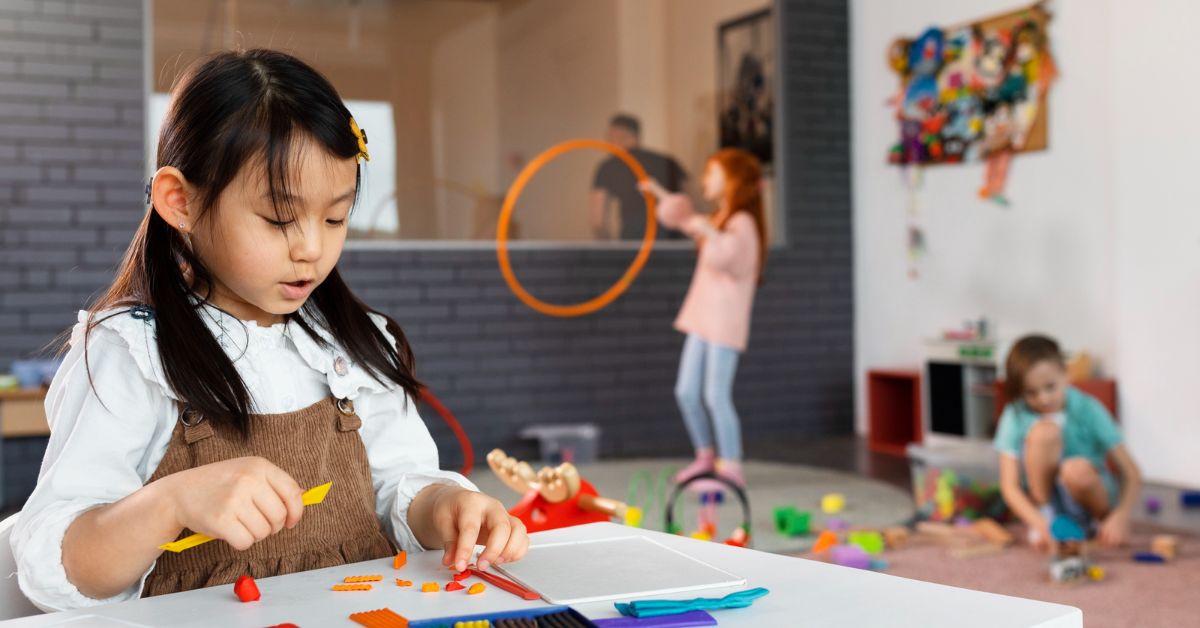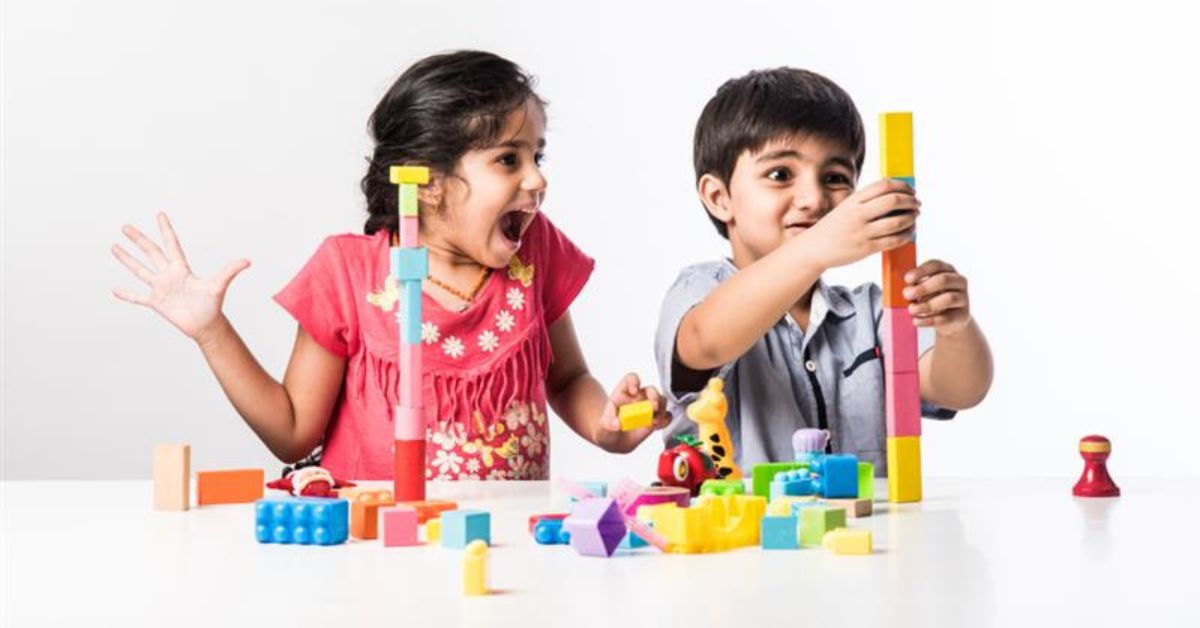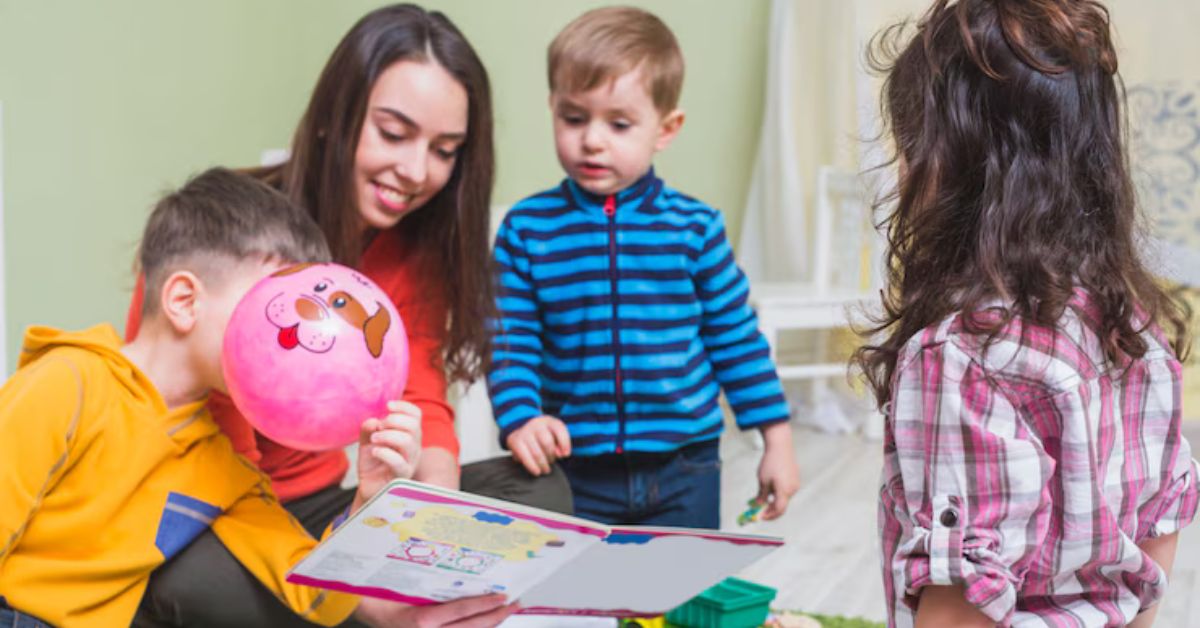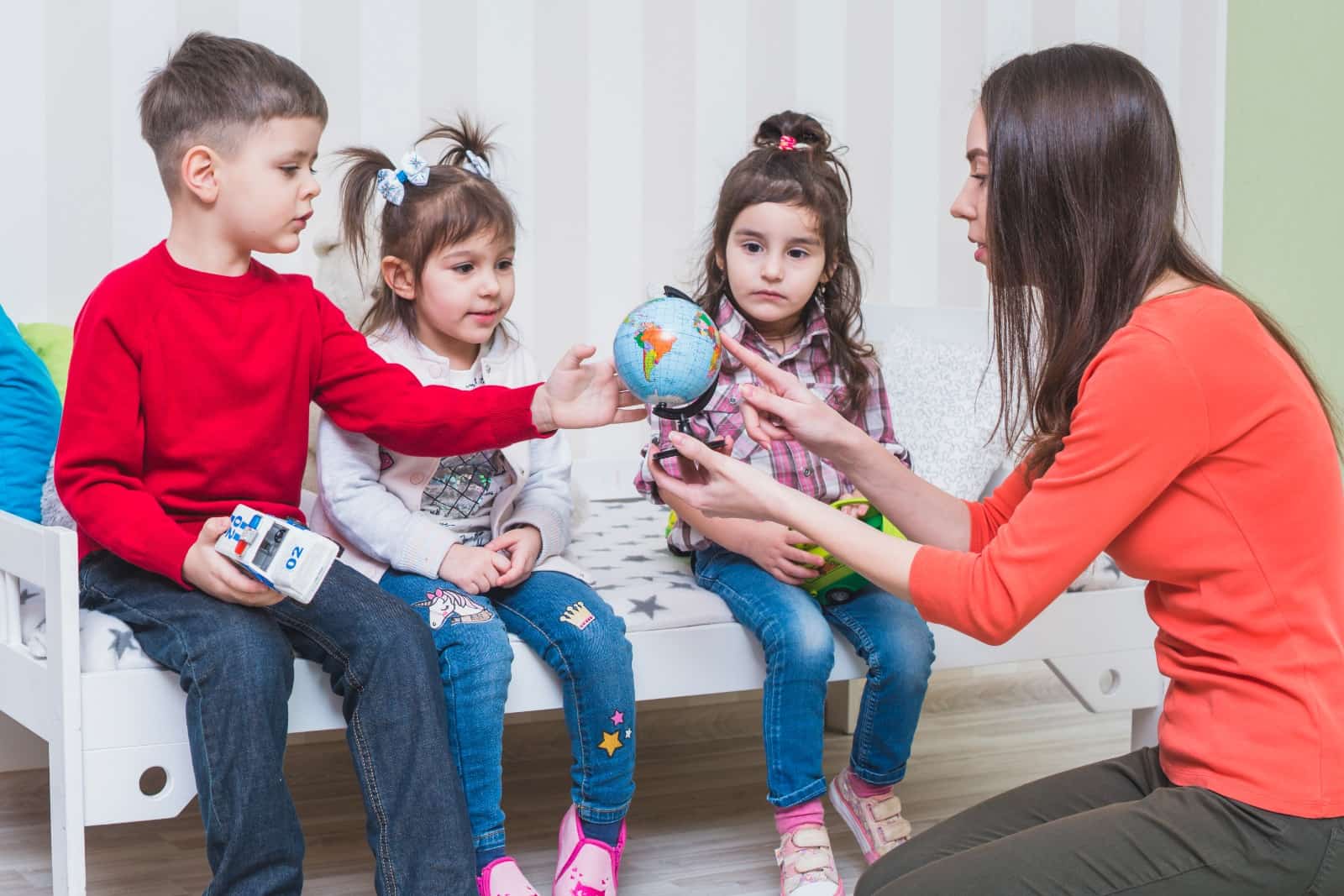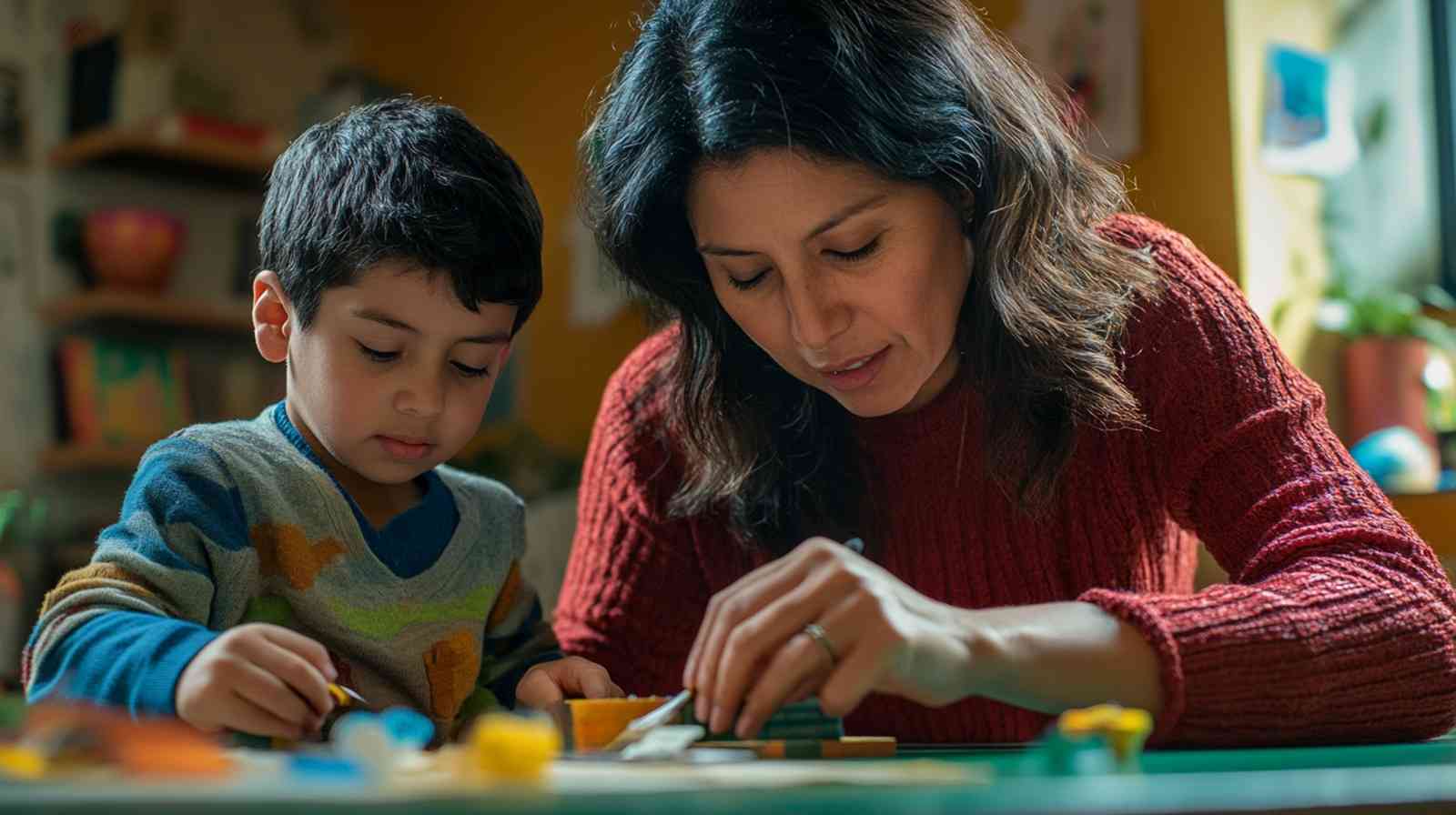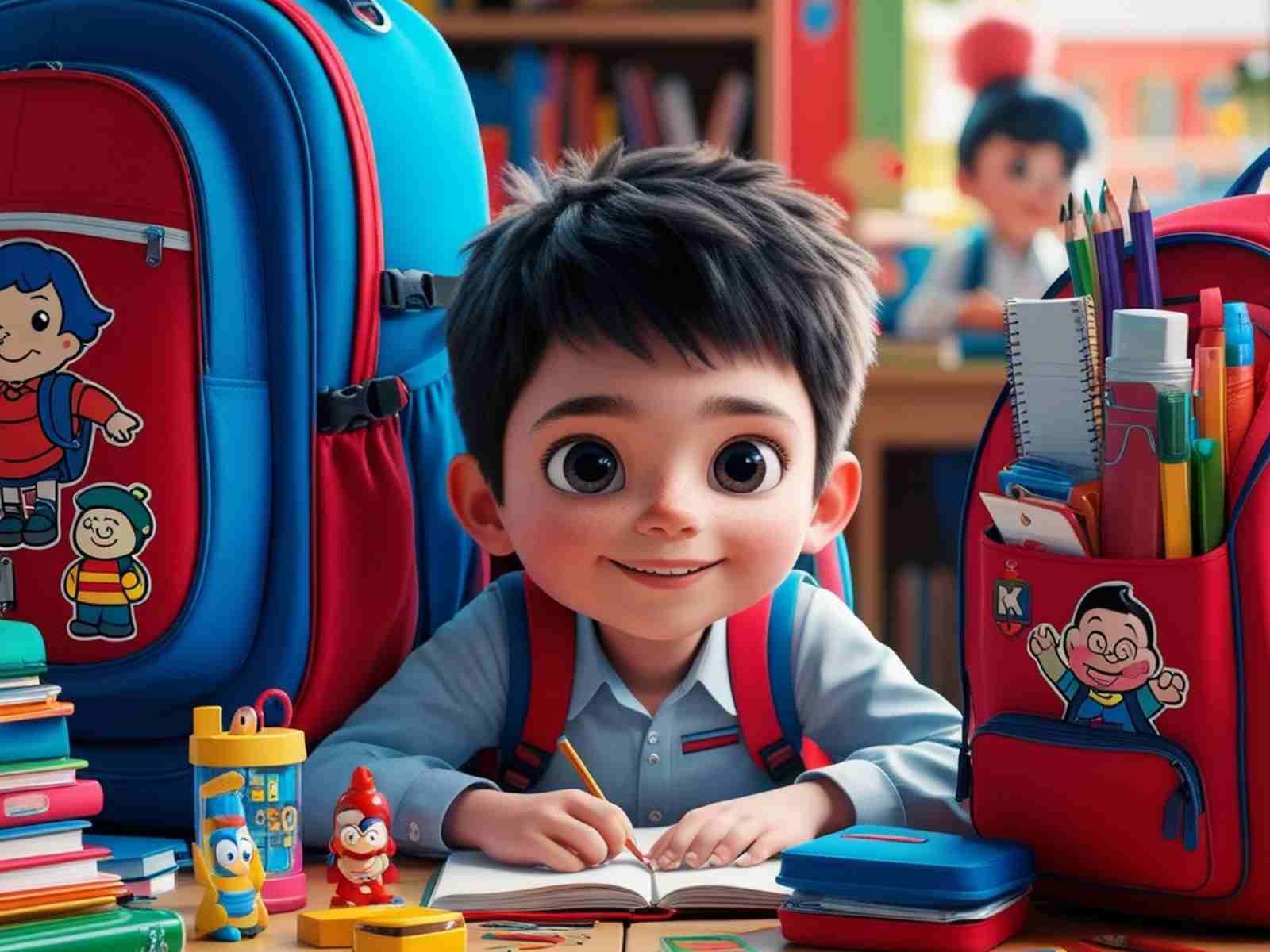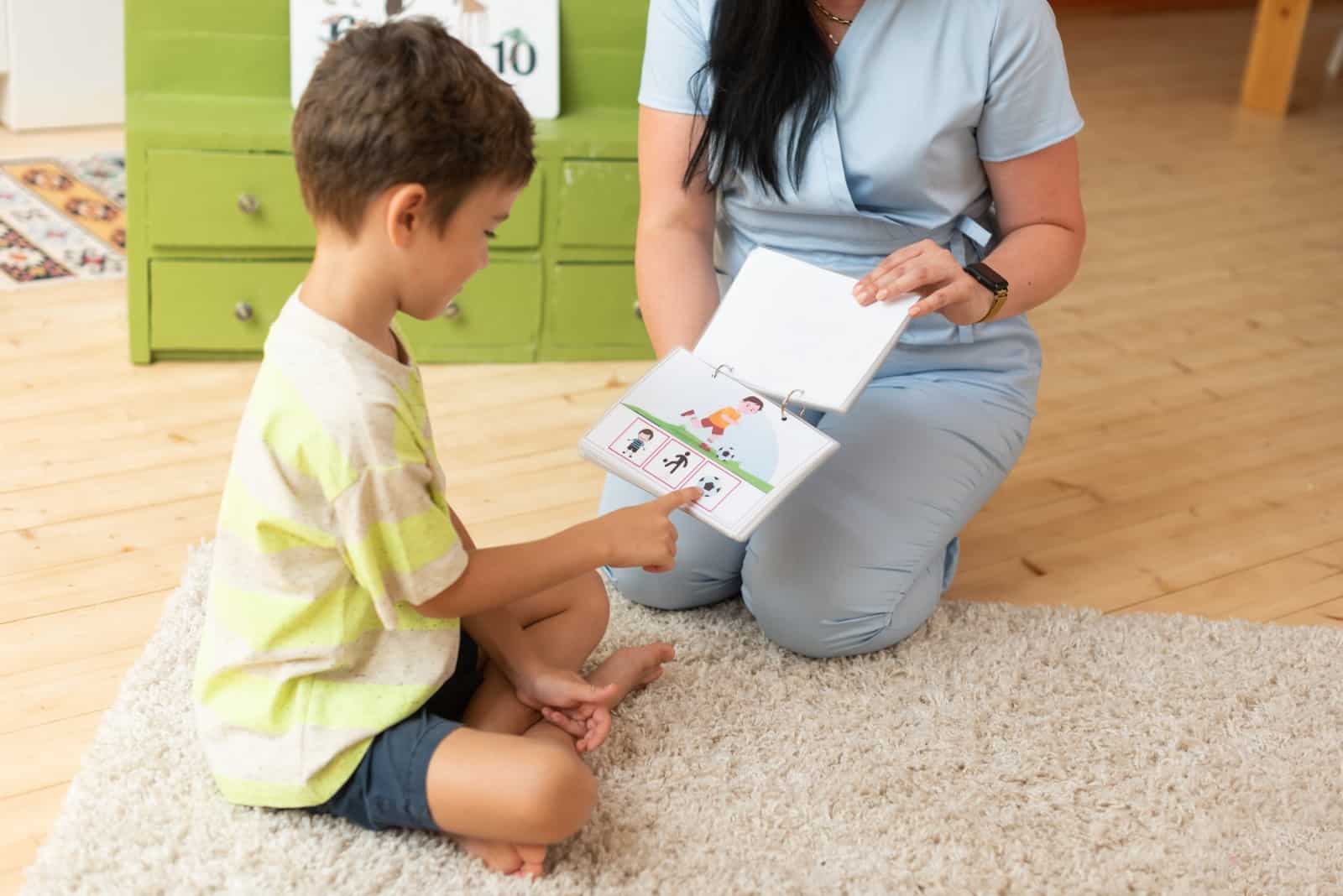Childhood is the most important stage in the life of a child because during the first few years the child engages in the growth of the brain and the general personality development. Parents tend to find a safe and interesting area in which their small children can learn, experience, and show their personalities. The playschool in Indore will be the stepping stone and help the children be ready to take formal education and make the learning experience enjoyable and interactive.
A Safe and Nurturing Space
Children live well when they are safe and when they feel that they are loved. Playschools are created to be cozy, caring, and structured in such a way that creativity is promoted. The colorful classrooms, and playful corners are all well planned and designed so that a child feels at home. At a very tender age, teachers concentrate on confidence and inculcating virtues of sharing, discipline, and respect.
Role of Structured Play
Play is not just fun it is also a vital component of learning. Children acquire cognitive, social and emotional skills through games, songs, puzzles and group activities. Nursery play school admission in Indore is not only academic based, but it is about providing kids with the opportunity to show their curiosity and meet other kids, and this is where the basis of every time life learning starts.
Preparing Children to a Bright Future
Home to school transition can be a nightmare for both children and parents. The bridging of this gap is provided to playschool since it provides a balanced environment in which children are allowed to develop at their own pace. It renders them self-reliant, inquisitive and enthusiastic to do what is new. The parents themselves are also reassured that their children are in an environment that not only promotes learning but also emotional health.
Early education is the seed that will be nurtured into a lifetime learning and development of the child. Sending a child to playschool or nursery play school admission in Indore is not merely a move into the academic life, but also the all-round life. It concerns the development of youthful minds, instilling confidence in them, and molding personalities which are prepared to face the future world.


